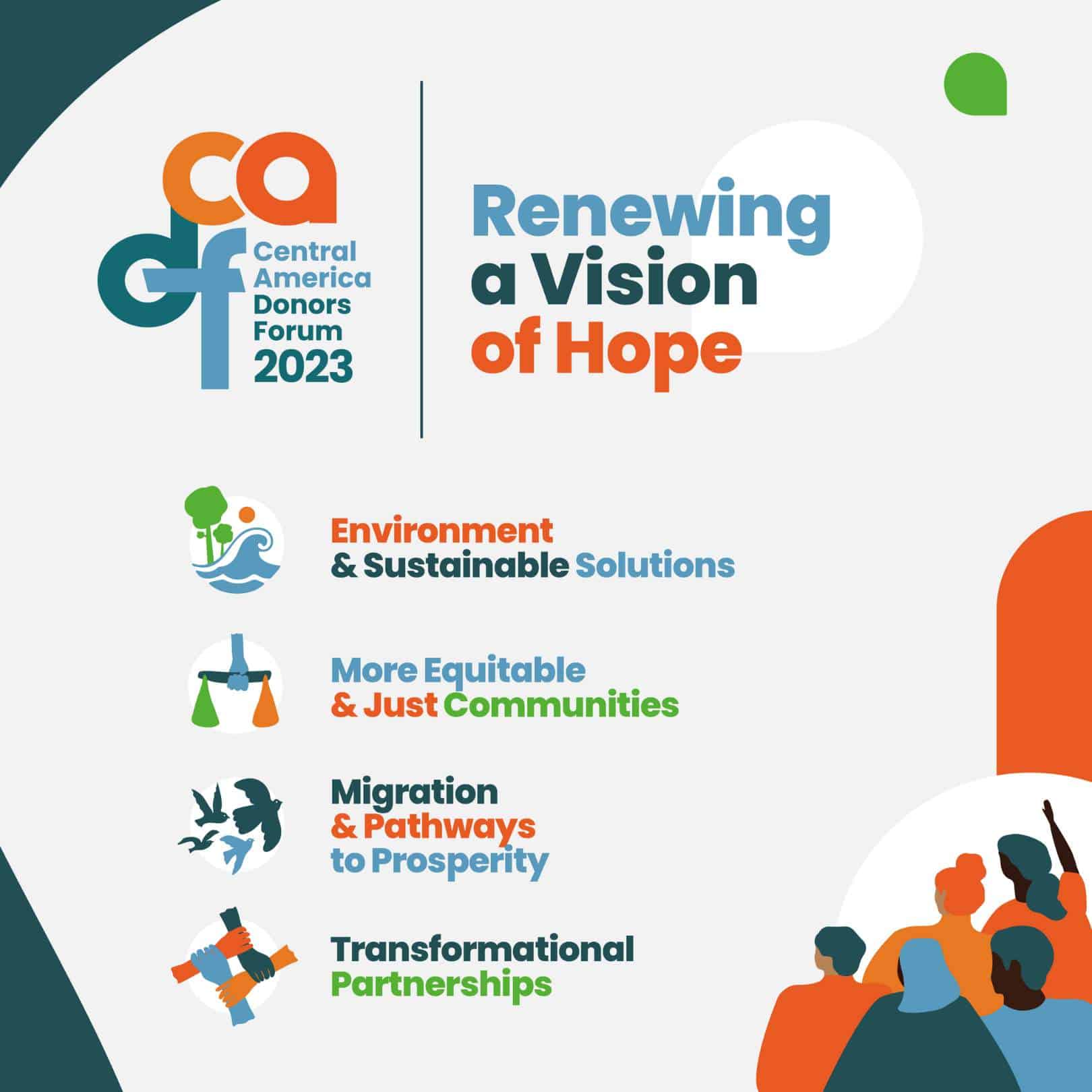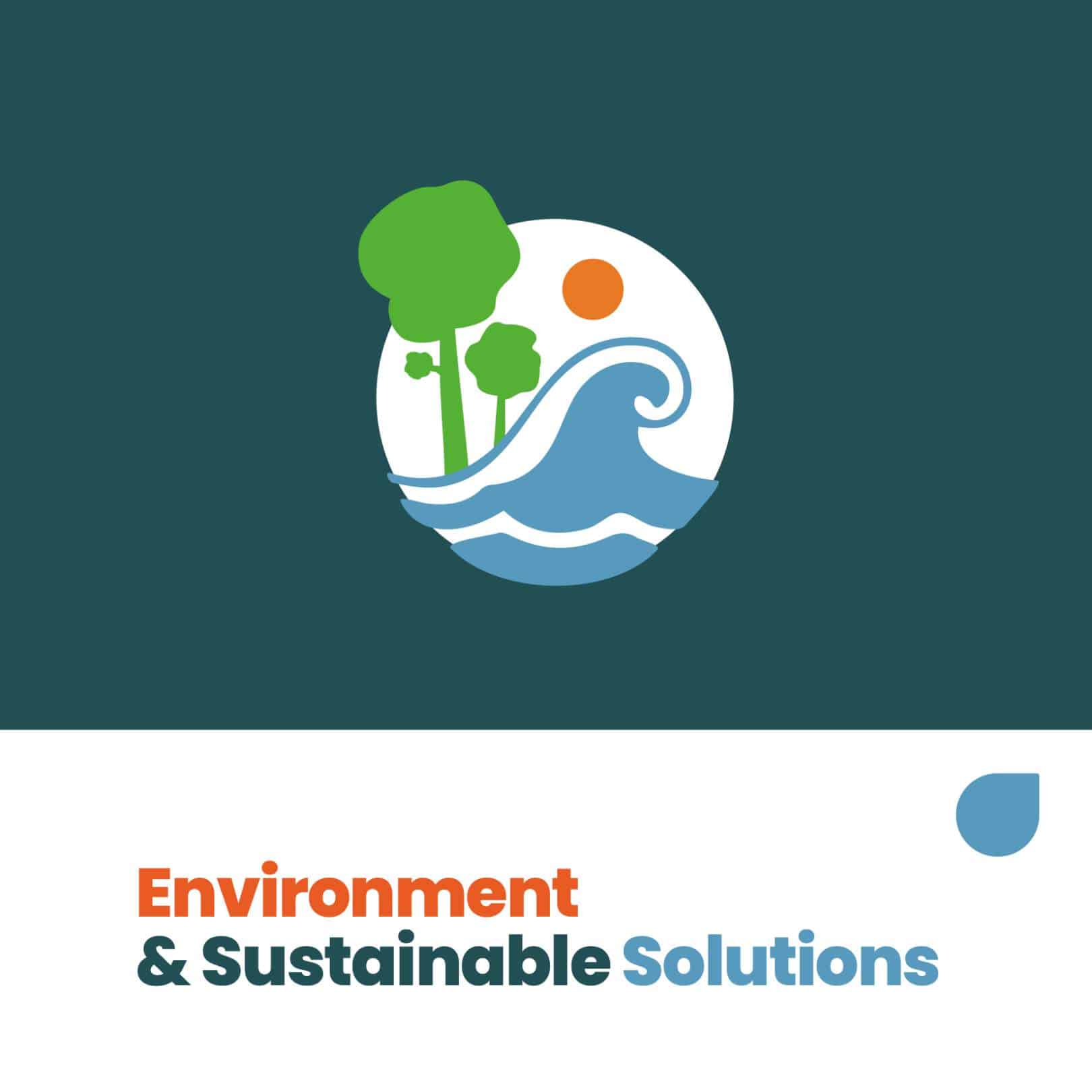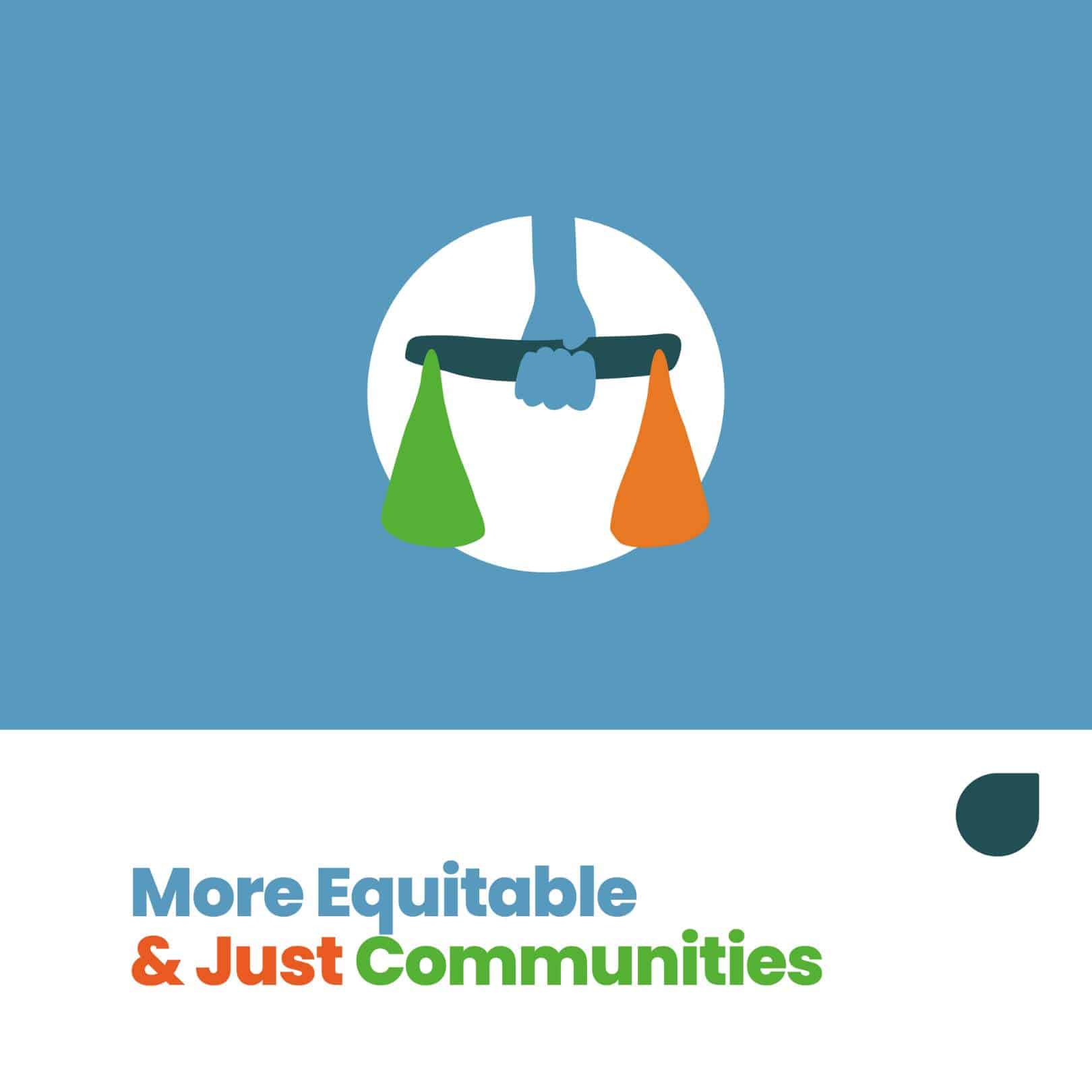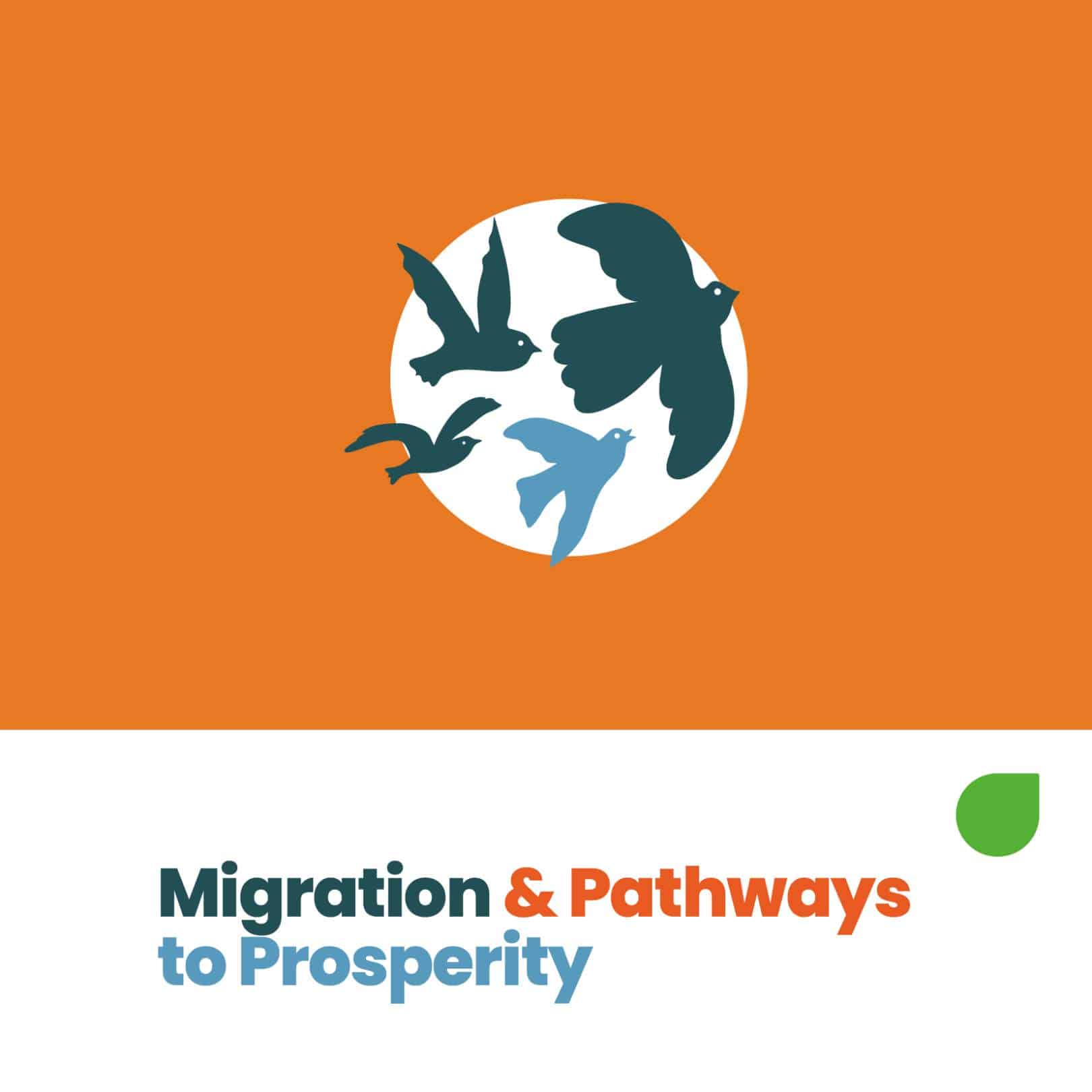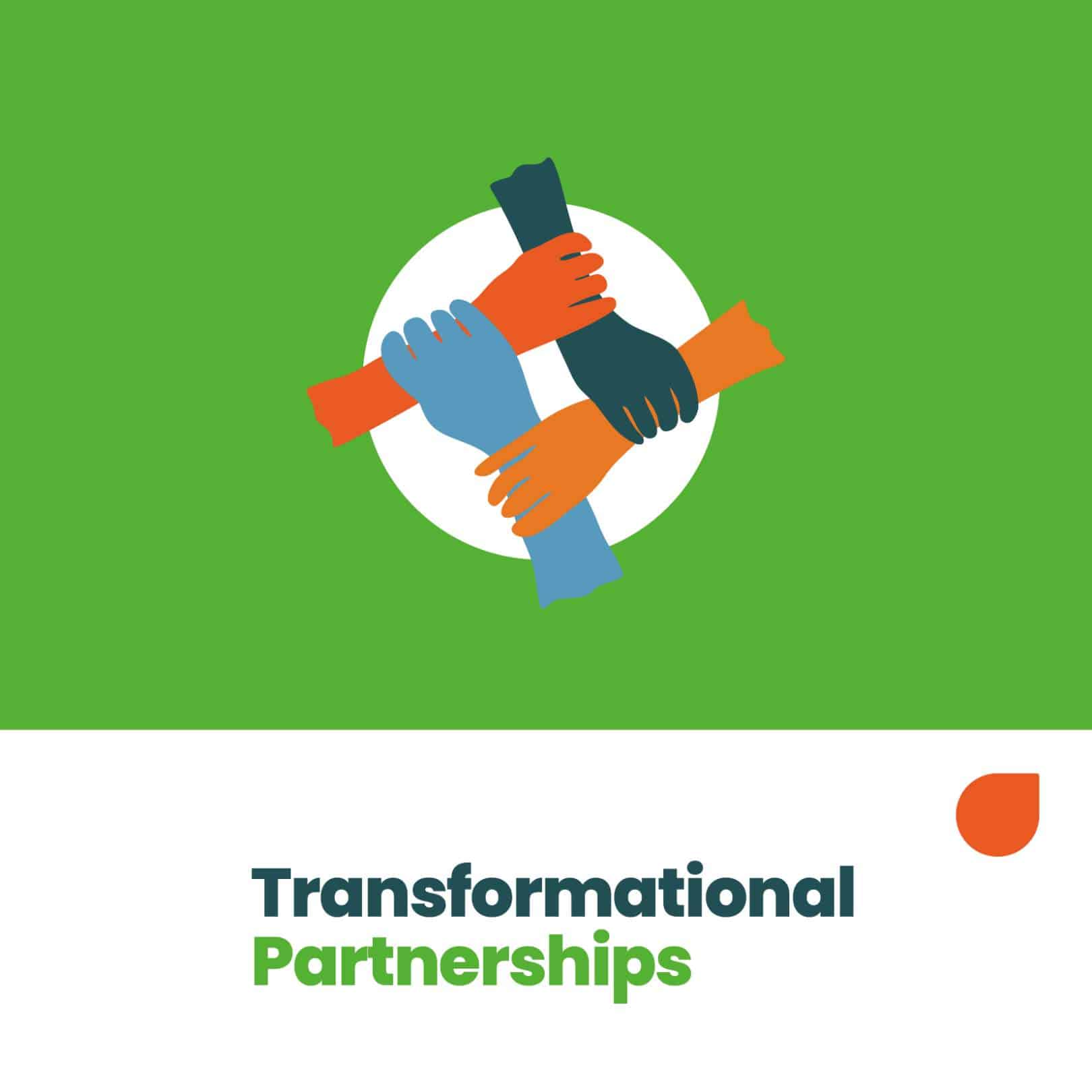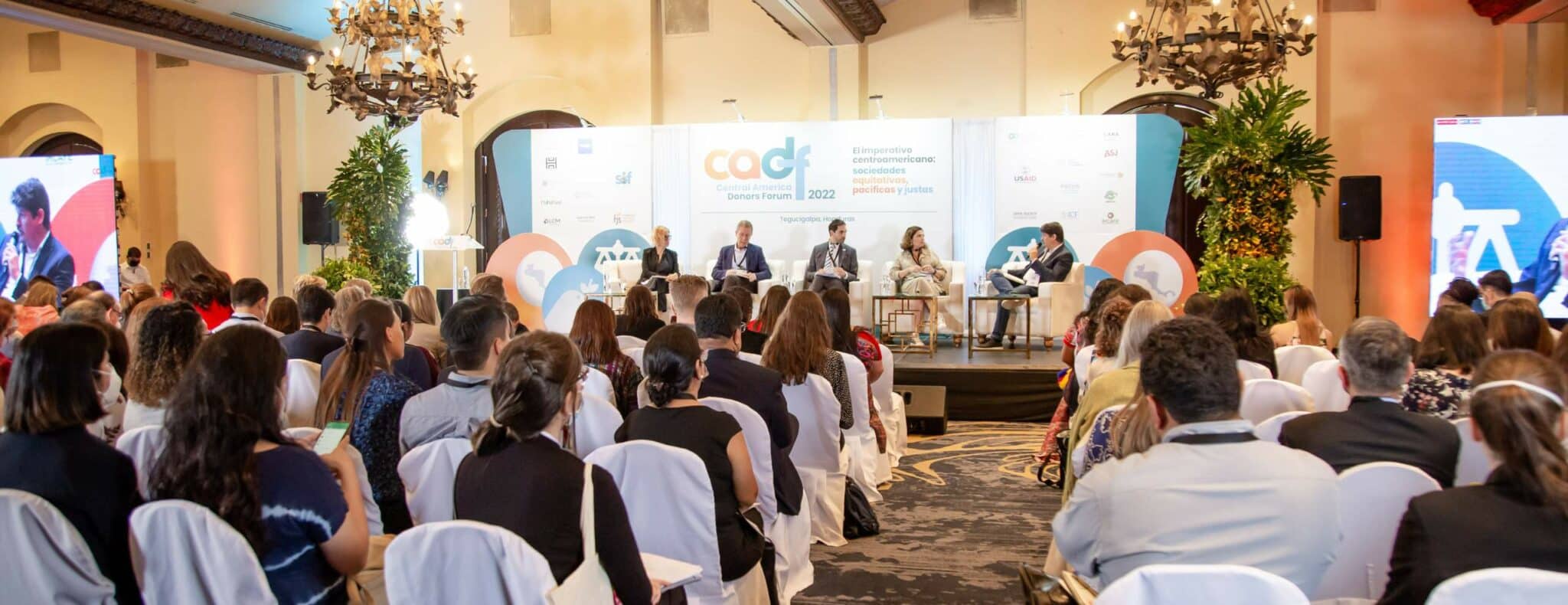
Propose a Session or Site Visit
Seattle International Foundation invites you to submit a session or site visit proposal for the 2023 Central America Donors Forum. Join this unique community of experts and changemakers on September 25-27 in San José, Costa Rica and take part in constructing a collaborative vision of hope in Central America.
Applications for session and site visits will be accepted on a rolling basis until June 23, 2023.
Propose a sessionHow to Submit
Sessions
We are now accepting panel, workshop and strategic roundtable proposals via Google Forms. In short, we want participants to leave CADF 2023 with a deeper understanding of the key issues facing Central America, new insights into promising solutions and development models, and new contacts for future collaboration. Deadline: June 23, 2023.
Click here to submit a session proposal
Site Visits
In addition to sessions, we’re seeking off-site visits to leading local programs and organizations in San José, Costa Rica. We invite you to propose your organization as a site visit via a separate application. Deadline: June 23, 2023.
Key Dates
May 9
Open request for session and site visit proposals

June 23
Request for session and site visit proposal ends

July 8
Session acceptances sent

August 8
Agenda released

Additional Information
Session Recommendations
We want participants to leave CADF 2023 with a deeper understanding of the key issues facing Central America, new insights into promising solutions and development models, and new contacts for future collaboration. The selection committee will prioritize proposals that:
• Include diverse perspectives (e.g. regional, gender, cross-sector, approach etc.)
• Highlight successful, recent and innovative partnerships, or failures and strategies to improve upon setbacks
• Allow for audience engagement and discussion
• Provide reliable data and case studies
• Share useful tools and frameworks
• Highlight partner perspectives
Selection Criteria
The Central America Donors Forum is dedicated to showcasing panelists and speakers with diverse perspectives, backgrounds and expertise. Proposals will be evaluated using the following five criteria:
• Compelling: The session, comprised of experts in their fields, informs on key issues and motivates participants to act
• Cutting-Edge: The lens through which the session examines key issues gives credibility to original concepts, initiatives and solutions
• Collaborative: The session encourages concrete collaboration and partnership between organizations or sectors
• Inclusive: The session gives voice to marginalized perspectives through a diverse group of speakers
• Focused: The subject matter of the session is relevant and fits within the outlined theme and tracks
Speaker Policies
Discounted speaker tickets (20% off) will cost $460. SIF provides a limited number of scholarships for speakers who are otherwise unable to attend. Visit our Frequently Asked Questions page for more information.


